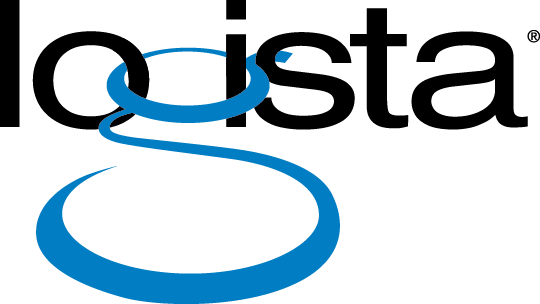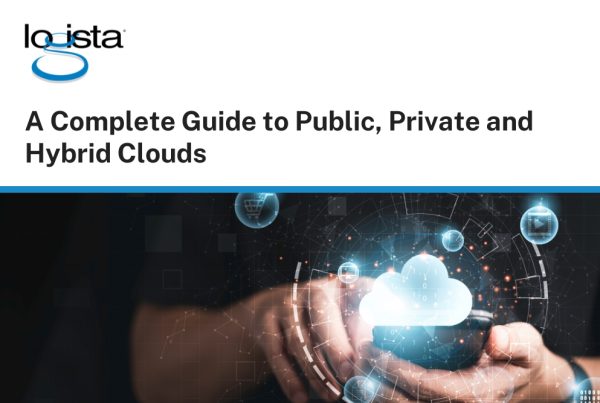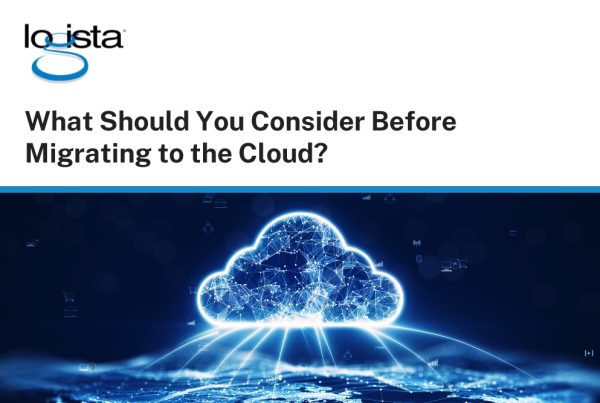Small and medium-sized businesses (SMBs) are increasingly turning to cloud solutions for their flexibility, scalability, and affordability. However, this transition brings its own security challenges. Cybercriminals often target SMBs due to their perceived lack of security, making it more important than ever to adopt best practices for cloud security.
Here are ten must-follow strategies to keep your data safe in the cloud.

1. Use Multi-Factor Authentication (MFA)
Passwords alone are no longer enough to protect sensitive data. MFA adds an extra layer of security by requiring users to verify their identity through additional factors like a mobile app, SMS code, or biometric data. Enforcing MFA across all cloud applications reduces the risk of unauthorized access.
2. Use Data Encryption
Encryption ensures that sensitive data remains secure both at rest and in transit. By converting data into unreadable code, encryption protects your information even if it is intercepted or stolen. SMBs should verify that their cloud provider offers robust encryption options and use end-to-end encryption whenever possible.
3. Regularly Conduct Security Audits
Routine security audits help identify vulnerabilities before they can be exploited. Audits involve reviewing user access, system configurations, and compliance with industry standards. Partnering with a Managed IT provider can streamline this process and ensure a thorough evaluation.
4. Apply the Principle of Least Privilege
The principle of least privilege (PoLP) limits user access to only the information and tools necessary for their role. By restricting permissions, you minimize the risk of accidental data breaches and insider threats. Regularly review and adjust access rights as employees change roles or leave the organization.

5. Secure API Integrations
Many cloud applications rely on APIs (Application Programming Interfaces) to communicate with other tools and platforms. Poorly secured APIs can become entry points for cyberattacks. Ensure that all APIs are authenticated, encrypted, and regularly monitored for suspicious activity.
6. Educate Employees on Cloud Security
Human error remains one of the leading causes of security breaches. Regular training programs help employees recognize phishing attempts, create strong passwords, and follow best practices when using cloud applications. A well-informed team is your first line of defense.
7. Enable Continuous Monitoring
Real-time monitoring of your cloud environment helps detect and respond to potential threats quickly. Use tools that provide alerts for unusual activity, such as unauthorized logins or data transfers. Many cloud providers offer built-in monitoring services tailored to SMBs.
8. Maintain Robust Backup and Recovery Plans
Data loss can occur due to cyberattacks, hardware failures, or natural disasters. Regularly backing up your data and testing recovery processes ensures that your business can continue operating with minimal disruption in the event of an incident.
9. Ensure Compliance with Industry Regulations
Many industries have strict compliance requirements, such as HIPAA for healthcare or GDPR for businesses handling European data. Partnering with a cloud provider that adheres to these standards helps ensure your business stays compliant and avoids hefty fines.
10. Vet Your Cloud Provider Thoroughly
Not all cloud providers are created equal. Choose a provider with a strong reputation for security, transparent policies, and robust customer support. Review their Service Level Agreements (SLAs) to understand their commitments to data protection and uptime.
Building a Stronger Cloud Security Foundation
A robust cloud security strategy is vital for small and mid-sized businesses. While implementing comprehensive security measures takes investment, it’s essential for protecting your assets and maintaining customer trust. Make security a cornerstone of your cloud operations.
About Logista Solutions
Logista Solutions is a nationally recognized leader in a broad range of technology management solutions. As one of the largest technology support providers in the U.S., Logista provides innovative and holistic solutions to help companies take control of their IT infrastructure and achieve better business outcomes. Popular services include Managed IT as a Service, VoIP and Unified Communications, Managed Print, Cloud Services and Asset Disposition.



